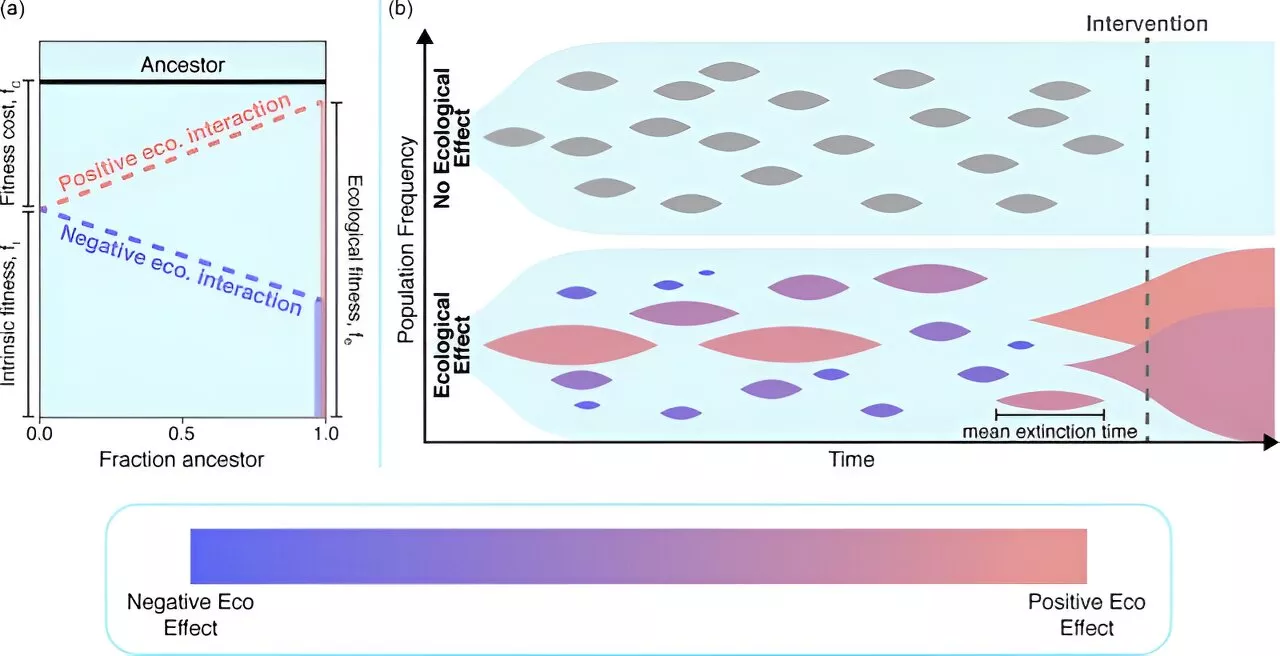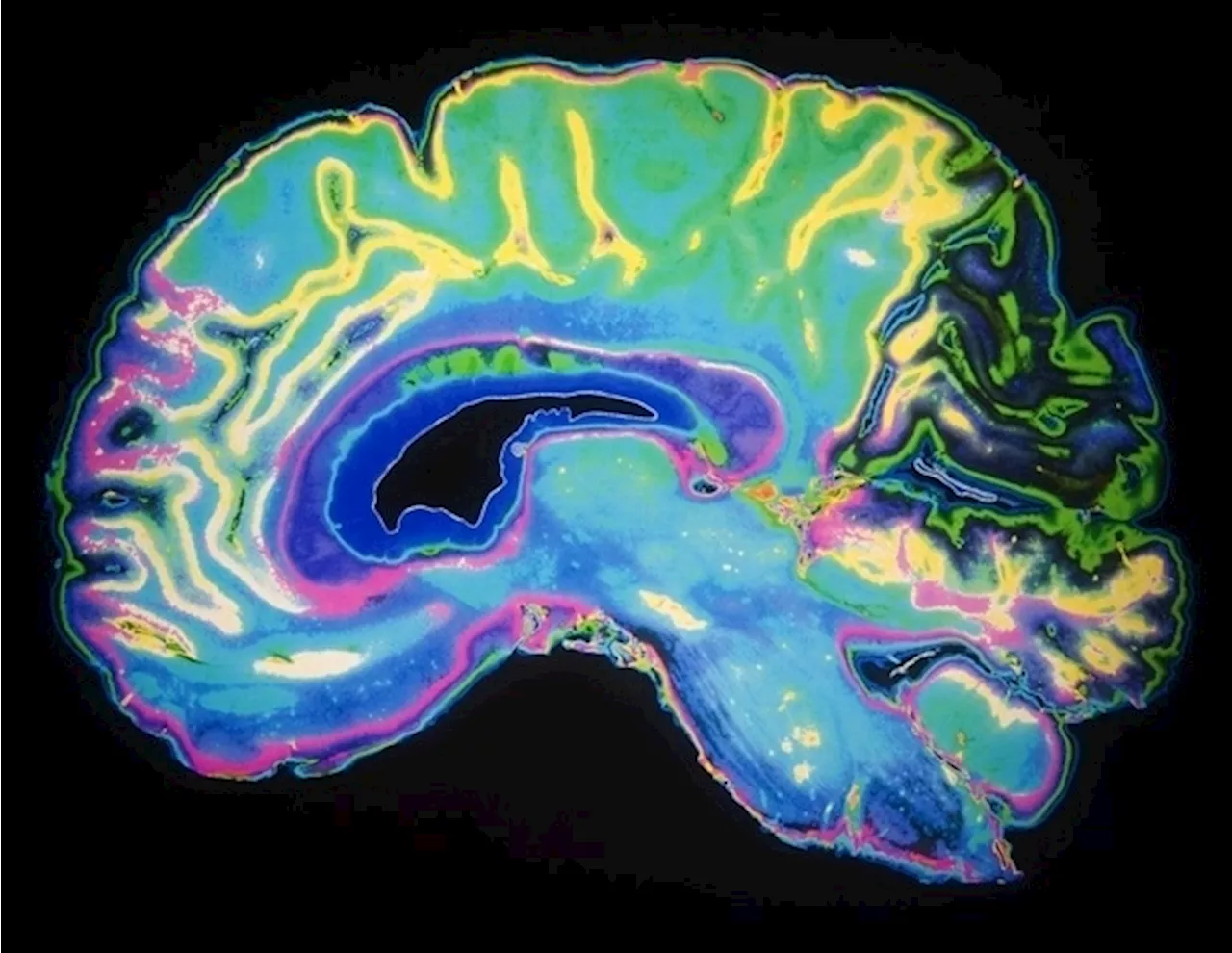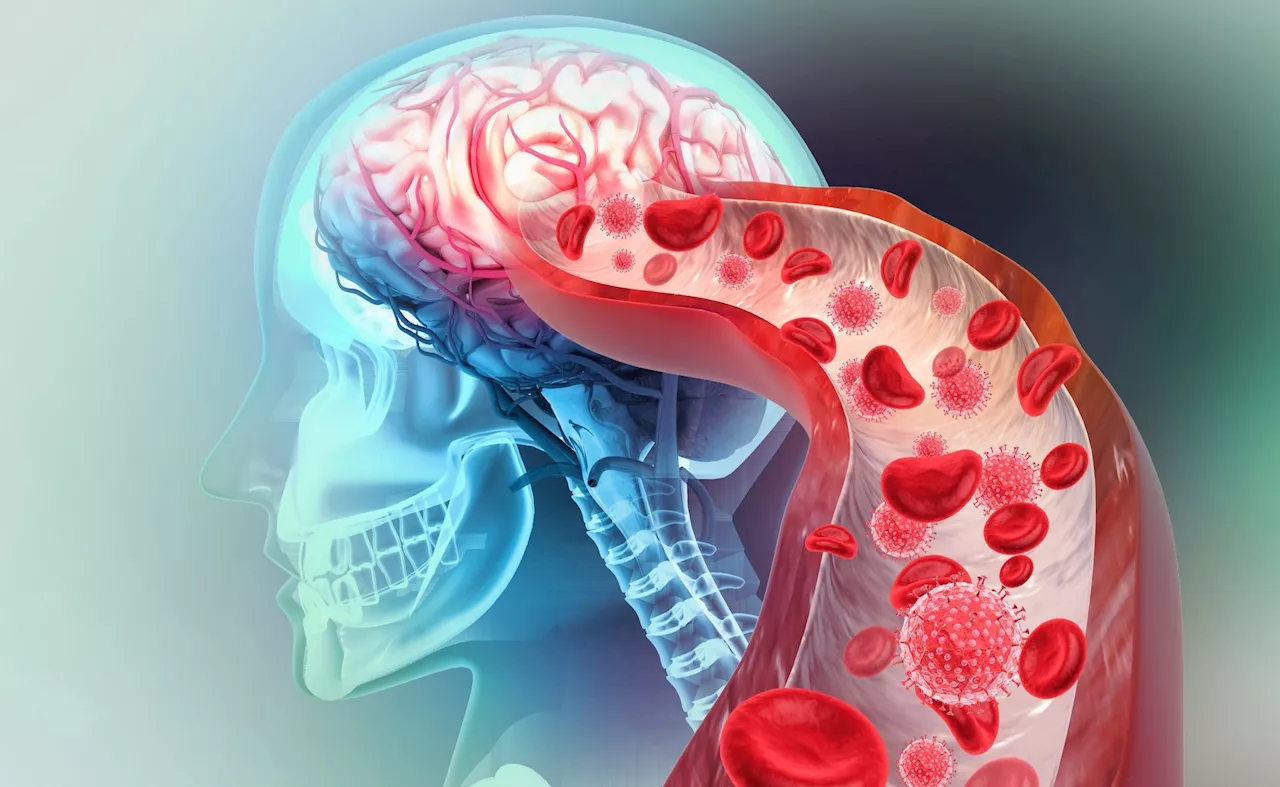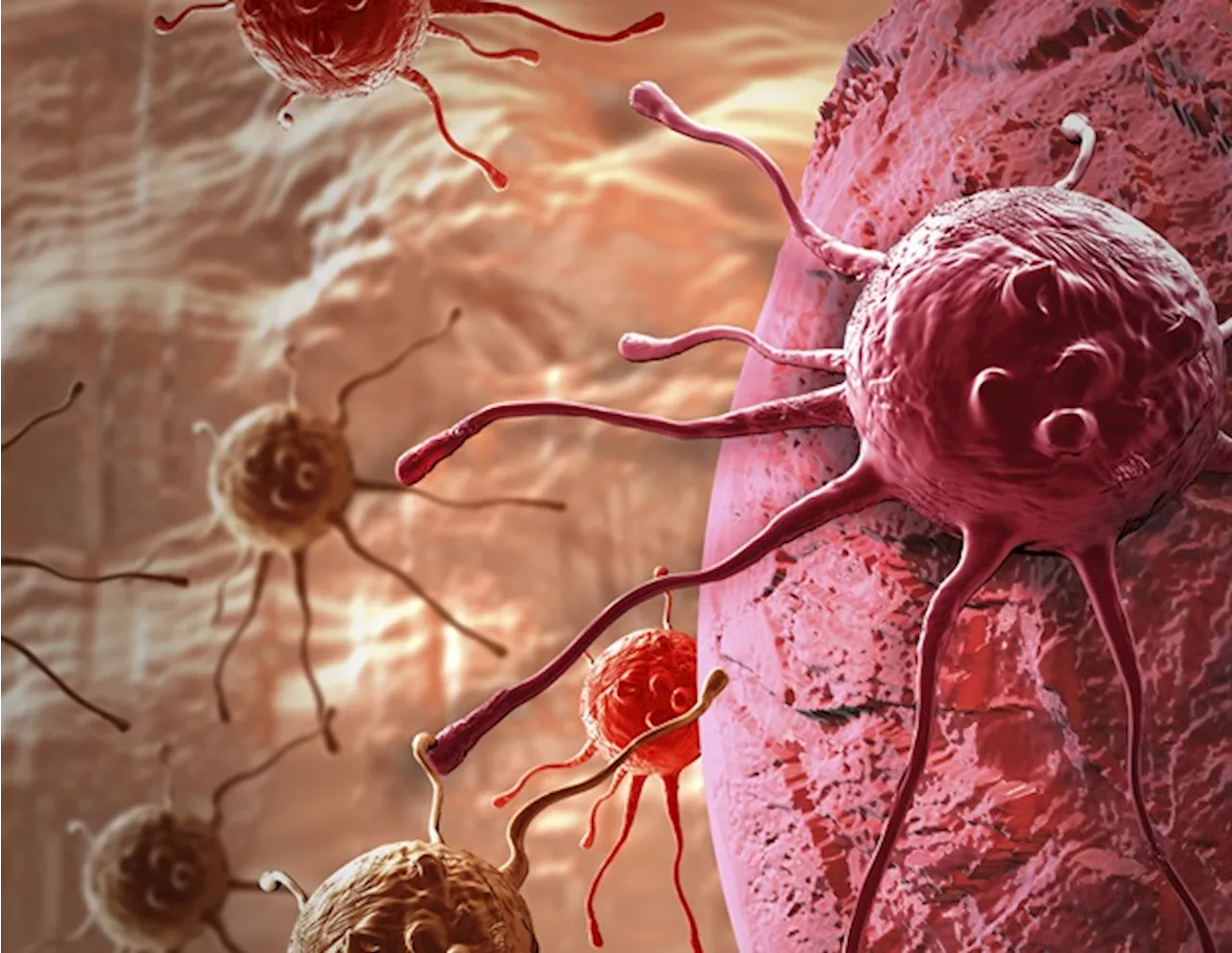The body has a veritable army constantly on guard to keep us safe from microscopic threats from infections to cancer.
University of California - Santa BarbaraAug 12 2024 Chief among this force is the macrophage, a white blood cell that surveils tissues and consumes pathogens, debris, dead cells, and cancer. Macrophages have a delicate task. It's crucial that they ignore healthy cells while on patrol, otherwise they could trigger an autoimmune response while performing their duties.
Using light to control the cellular appetite While monitoring the body, macrophages scout for cells and debris tagged with the antibody IgG by other immune cells. These function as "eat me" signals to the macrophages, which detect them via Fc receptors embedded in their cell membrane. Fc receptors are mobile, and begin to cluster once activated by IgG. Once this reaches a certain threshold, the macrophage engulfs the target.
Pavlov's macrophages Bond stimulated engineered macrophages with light, then made the cells wait for different periods of time. She then presented them with the mock cancer cells, this time displaying that IgG "eat me" antibody. Related StoriesIndeed, the macrophages retained their short-term priming when Bond blocked protein synthesis, suggesting that something else controlled this response. However, disabling protein synthesis eliminated the cells' long-term enhanced appetite, indicating that this behavior relies on changes to gene expression and protein synthesis.
Hungry macrophages eat more cancer Macrophages find antibodies like IgG irresistible; they'll eat pretty much anything tagged with them, even the glass beads Bond used in her experiments. As a result, monoclonal antibodies have become a popular treatment for various diseases. In fact, antibodies are currently used in many different cancer therapies. Bond was able to increase the efficacy of a common antibody that is used to treat lymphoma.
A memory spectrum For a long time, biologists and doctors thought only the adaptive branch of the immune system had any sort of immunological memory. But a more nuanced picture has begun to emerge.
Antibodies Antibody Autoimmunity Blood Cell Cell Membrane Developmental Biology Immune System Immunity Macrophage Membrane Protein Protein Synthesis Receptor White Blood Cell
United Kingdom Latest News, United Kingdom Headlines
Similar News:You can also read news stories similar to this one that we have collected from other news sources.
 Unlocking the mystery of preexisting drug resistance: Study sheds light on cancer evolutionThe evolution of resistance to diseases, from infectious illnesses to cancers, poses a formidable challenge.
Unlocking the mystery of preexisting drug resistance: Study sheds light on cancer evolutionThe evolution of resistance to diseases, from infectious illnesses to cancers, poses a formidable challenge.
Read more »
 Short bursts of light activity can lead to better sleep, study findsRigorous exercise before bed has long been discouraged, but University of Otago researchers have found short bursts of light activity can lead to better sleep.
Short bursts of light activity can lead to better sleep, study findsRigorous exercise before bed has long been discouraged, but University of Otago researchers have found short bursts of light activity can lead to better sleep.
Read more »
 New study sheds light on irregular heartbeat riskTwo new, basic animal research studies shed light on alcohol consumption and the heart. The first study may help explain why binge drinking sometimes causes an irregular heartbeat and a possible way to prevent it. The second study investigated why alcohol may have a negative impact on heart function in women taking estrogen replacement therapy.
New study sheds light on irregular heartbeat riskTwo new, basic animal research studies shed light on alcohol consumption and the heart. The first study may help explain why binge drinking sometimes causes an irregular heartbeat and a possible way to prevent it. The second study investigated why alcohol may have a negative impact on heart function in women taking estrogen replacement therapy.
Read more »
 Study sheds light on neuronal synchronization and conscious experienceFor decades, scientists have focused on how the brain processes information in a hierarchical manner, with different brain areas specialized for different tasks.
Study sheds light on neuronal synchronization and conscious experienceFor decades, scientists have focused on how the brain processes information in a hierarchical manner, with different brain areas specialized for different tasks.
Read more »
 More than half of people feel poorer now than they did five years ago, finds studyBoth renters and mortgage holders have been struggling under historically high interest rates
More than half of people feel poorer now than they did five years ago, finds studyBoth renters and mortgage holders have been struggling under historically high interest rates
Read more »
 Study finds genetic factors key to post-stroke cardiovascular risksResearch identifies genetic and molecular risk factors for cardiovascular outcomes after an initial stroke, uncovering potential therapeutic targets to improve patient prognoses.
Study finds genetic factors key to post-stroke cardiovascular risksResearch identifies genetic and molecular risk factors for cardiovascular outcomes after an initial stroke, uncovering potential therapeutic targets to improve patient prognoses.
Read more »
